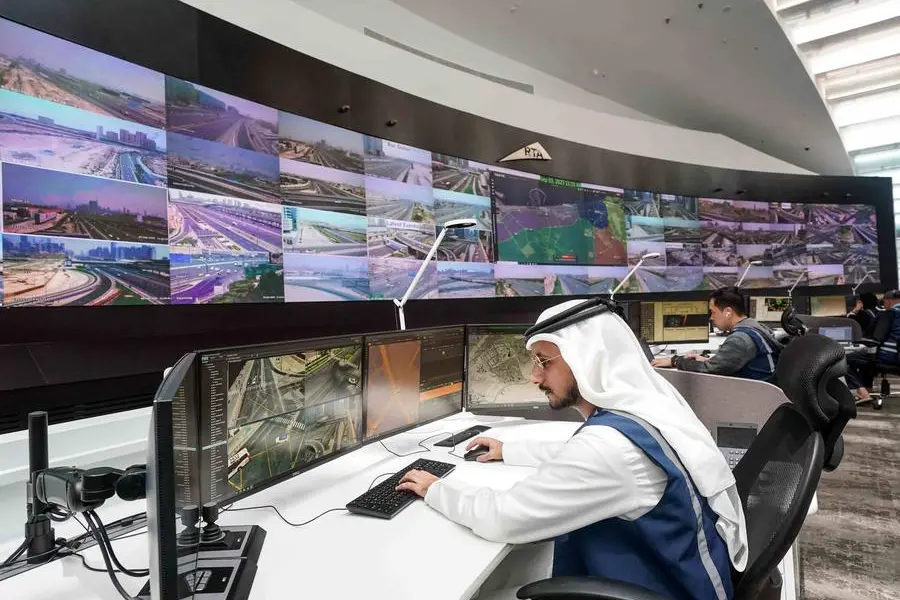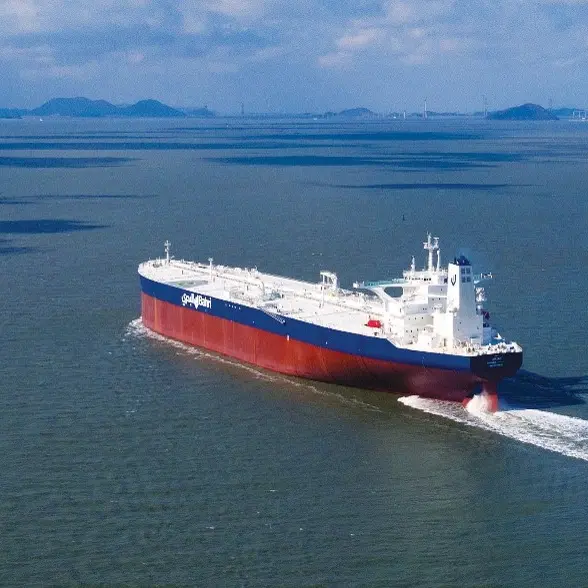PHOTO
Dubai’s Roads and Transport Authority (RTA) has started the study and design of Phase II of ITS Improvement and Expansion Project.
This phase aims to cover 100% of the emirate's main roads and adopt the latest intelligent technologies and software, such as the co-operative intelligent transport systems (C-ITS), expanding the use of advanced ITS technologies, and conducting a benchmarking study with leading cities in the field of transport.
The Dubai ITS Centre is a crucial hub for managing traffic in Dubai. It has an integrated technology platform which utilises artificial intelligence, big data, the Internet of Things, advanced communication systems, and various monitoring devices to provide smart services and gather important information.
The RTA manages traffic in the emirate through the Dubai Intelligent Traffic Systems Centre at Al Barsha, one of the largest and most sophisticated traffic control centres globally.
The centre employs innovative technologies and traffic management systems to meet Dubai's expansion and make it one of the world's leading cities in ITS, alongside Singapore and Seoul.
Mattar Al Tayer, Director-General, the Chairman of the Board of Executive Directors at RTA, said: "Phase II of the Intelligent Traffic Systems project will expand the coverage of the main road network from the current 60% to 100% by 2026."
Accordingly, the length of the road network covered by the system will extend from 480 km to 710 km.
This expansion will enhance road network management and traffic flow through better monitoring, faster response times to incidents, and providing instant information to the public about the condition of the road network via new Variable Message Signs (VMS) and smart applications to help distribute traffic effectively.
"The project enhances personal mobility by integrating modern and advanced technologies and self-driving transport solutions thanks to providing a comprehensive ITS infrastructure designed to meet current and future needs," he added.
On the features and impact of the project, Al Tayer said: "The initial phase of the project included the addition of 116 traffic surveillance cameras, bringing the total to 311 cameras, the installation of 100 incident monitoring and vehicle counting devices, increasing the total to 227 devices, installing 112 Variable Message Signs (VMS) that relay real time information about road conditions, fitting 115 travel time and speed measurement devices, setting up 17 weather sensor stations, and constructing 660 km of electric power lines and a fibre optic network with a total length of 820 km."
"The project has improved incident monitoring by 63%, reduced response times by 30%, enhanced traffic flow, increased traffic management efficiency, and reduced journey times by 20% through Variable Message Signs (VMS)," stated Al Tayer.
These results were facilitated by using VMS, enhanced linkage and integration with the Enterprise Command and Control Centre and the Dubai Police General HQ," he added.
Copyright 2024 Al Hilal Publishing and Marketing Group Provided by SyndiGate Media Inc. (Syndigate.info).





















